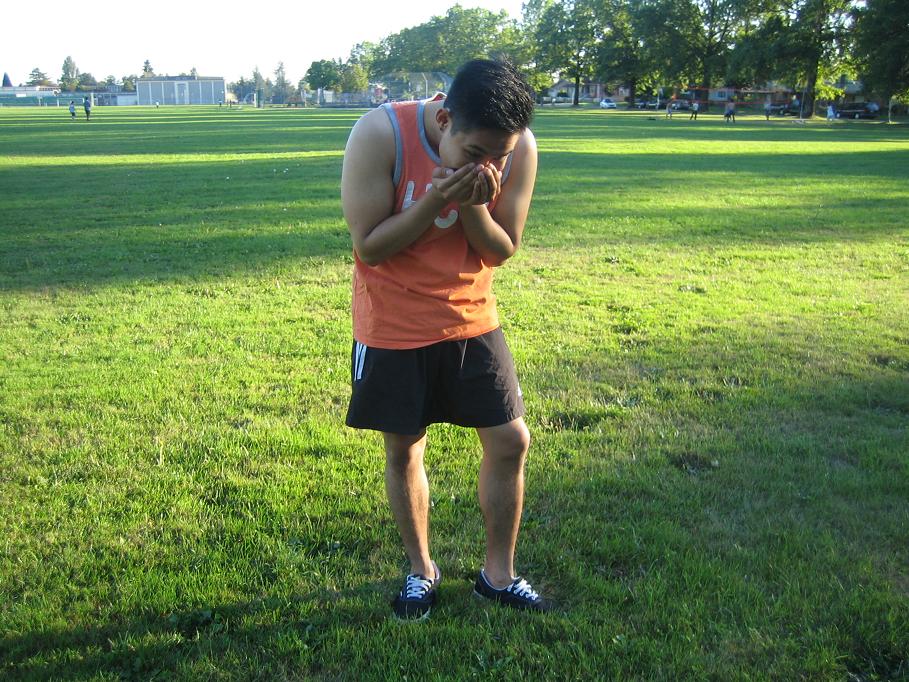Hiccups are abrupt and oftentimes strong contractions of the diaphragm. Generally, it is important to note that the diaphragm is a thin muscular layer that separates the chest from the abdomen.
While breathing, the diaphragm muscle moves upwards and downwards while taking in air and driving it out. Furthermore, if an individual has hiccups, a loud sound in the throat arises as the individual inhales air.
What are the causes?
Generally, one or a few hiccups occur once the diaphragm muscle is irritated, often by drinking something cold, drinking rapidly or in large amounts. Other possible causes include:
- Eating too quickly or too much
- Hot and spicy foods or liquids
- Carbonated or alcoholic beverages
- Abrupt changes in the temperature
- Sudden excitement

Generally, one or a few hiccups occur once the diaphragm muscle is irritated, often by drinking something cold, drinking rapidly or in large amounts.
Oftentimes, they are continuous and can last for hours. In such instances, it is necessary to determine the cause. In addition, some of these causes are dueto issues with a nerve or chemical imbalance in the blood.
Management of hiccups
The treatment is based on the root cause. If there is a specific cause such as pneumonia or a kidney issue, treatment of the condition can deal with the hiccups.
Oftentimes, gently pulling on the tongue can stop the episode. Take note that this affects the nerves responsible for controlling the diaphragm.
Certain drugs that reduces the nervous system activity such as sedatives or seizure medications are oftentimes given to provide relief.
Generally, most cases are relatively harmless. The hiccups typically start abruptly and cease after a few seconds or minutes. As for prolonged episodes, they are serious.
FACT CHECK
https://www.nhs.uk/conditions/hiccups/
https://www.webmd.com/digestive-disorders/why-do-i-hiccup#1
https://www.mayoclinic.org/diseases-conditions/hiccups/symptoms-causes/syc-20352613


